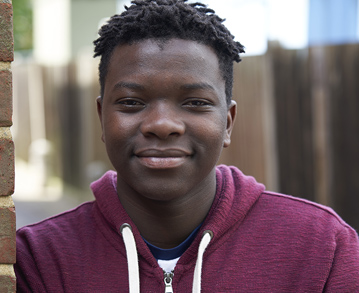Binge drinking is a dangerous activity that can cause severe, long-term health issues. It can even become addicting and can easily interfere with someone’s work, school and home life.
- Know what to look for and you’ll spot high-functioning alcoholics in your midst
- How Much Drinking Is Too Much?
A lengthy pattern of binge drinking can also lead to death from a host of diseases. But, despite the serious health issues, binge drinking is socially acceptable in many cultures.
Holidays like Christmas and New Years are notable for binge drinking, but more than 38 million American adults binge drink four times a month – and the number is rising, according to Medical News Today, a healthcare publishing company operated by Healthline Media UK.
Alcoholism
Because it’s socially acceptable to drink, alcoholism is widely considered as an untreated epidemic in the United States. A Center for Disease Control and Prevention study indicated there are 17.5 billion binge drinks consumed every year, according to a recent article by ABC News – and these numbers are still growing.Binge drinking is generally defined as five or more drinks in two hours for a man, and four or more drinks in the same time period for a woman. A steady habit of such high drinking levels can easily lead to severe alcoholism, which usually results in people suffering at work, school and among their social friends.
Though binge drinking and alcoholism don’t always coexist, they can when a person continues to increase the amount of alcohol consumed, or when they lose track of what is consumed. This is common in individuals who mix drugs and alcohol, according to American Addiction Centers, an organization that helps adults recover from addiction and mental health disorders.
The risk of physical injury
Binge drinking often leads to severe physical harm for the person drinking, but it can also lead to violence that harms others. Aside from someone damaging their liver and other internal organs, people tend to suffer falls and other injuries. Choking on vomit while asleep is another common occurrence. These types of instances all stem from a lack of control when it comes to alcohol.
Binge drinking causes a person to lose their inhibitions, especially when it affects others. Aggression and domestic violence are also common among people abusing alcohol — a husband who gets drunk is three times more likely to physically abuse a female spouse. Although not everyone is aggressive when drinking, the risk of violence increases when alcohol is involved, according to an article by The Conversation, an independent academic news source.
Even though the harms of alcohol during pregnancy are well known, there are still many cases of fetal alcohol syndrome. Mothers who continue to drink, despite being pregnant, slow the physical and mental growth of their children.
Disease and binge drinking
Though binge drinking is hazardous to anyone’s health, it is especially troublesome for youth and teens. Binge drinking as an adolescent can disrupt brain activity and even gene regulation, making alcohol abuse more likely as an adult. Binge drinkers often start as teenagers or young adults and are more likely to develop alcoholism later in life, according to an article by Medical Daily. Alcohol is the third leading, preventable cause of death in the United States. There are an estimated 88,000 yearly alcohol-related deaths in the United States, and more than 9,000 alcohol-impaired driving deaths, according the National Institute on Alcohol Abuse and Alcoholism.
With prolonged high-level alcohol consumption, the risk of severe disease increases, including high blood pressure, stroke, cardiovascular diseases, alcohol poisoning and liver disease. Our livers can break down alcohol, but it can’t keep up with the amount consumed among binge drinkers.
Alcohol is broken down at the rate of one standard drink every hour. That’s 12 ounces of beer, a five-ounce glass of wine, or one 1.5-ounce shot of distilled spirits, according to Alcohol Rehab Guide, a rehabilitation resource run by individuals who have personal experience with alcohol addiction.






































